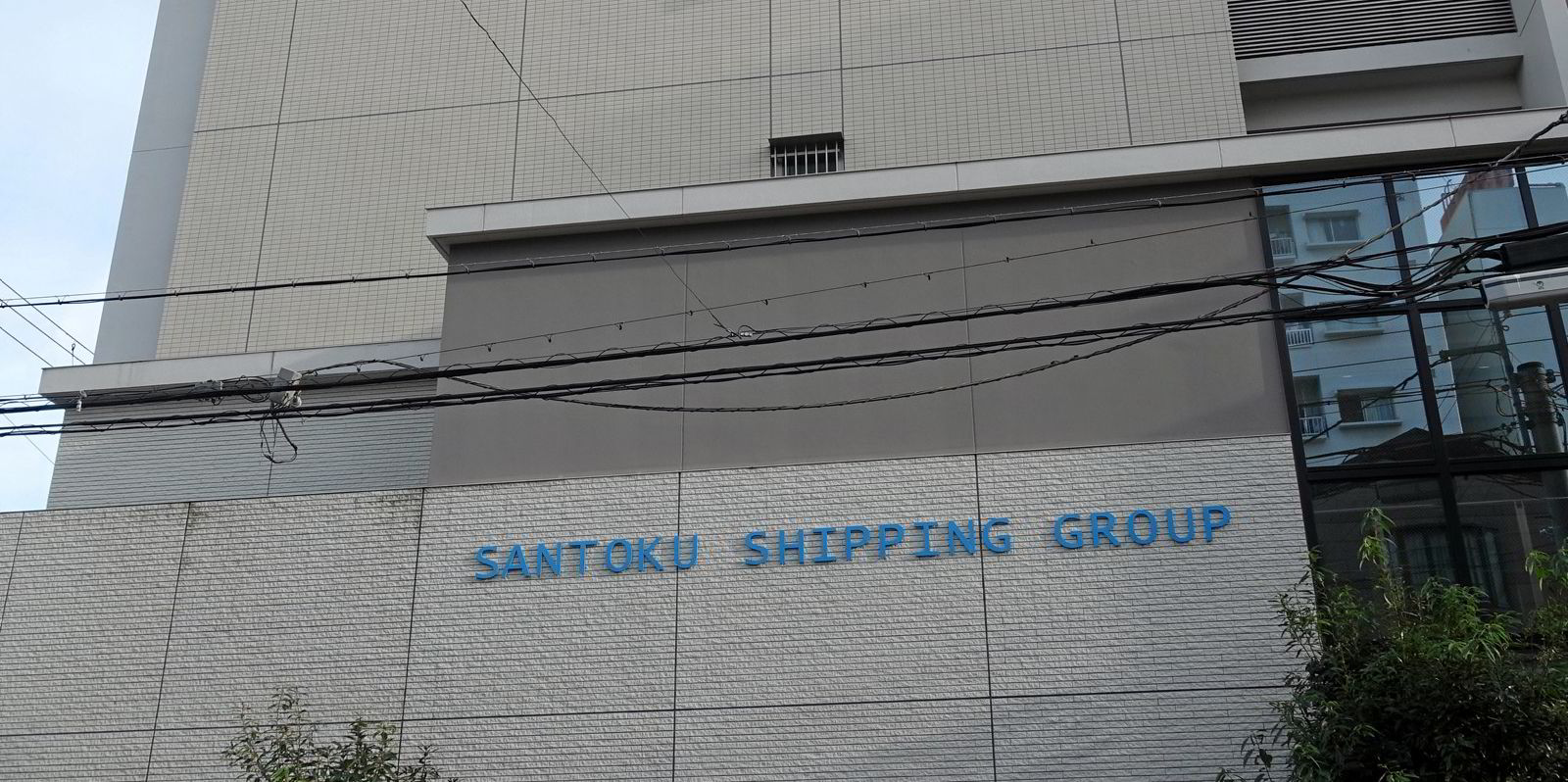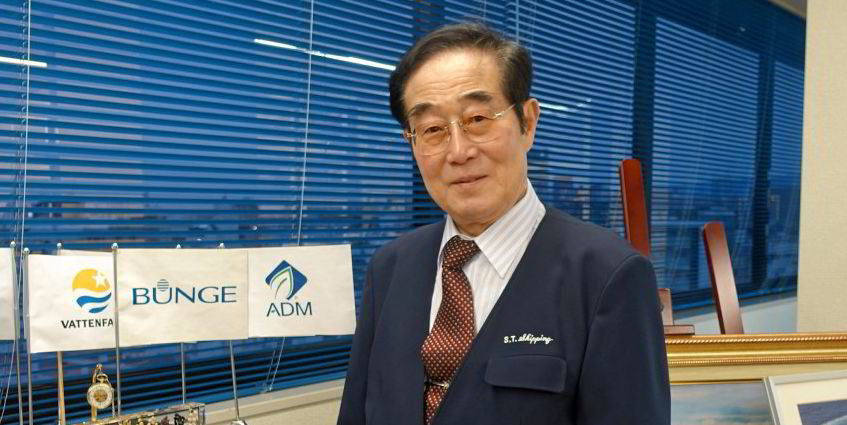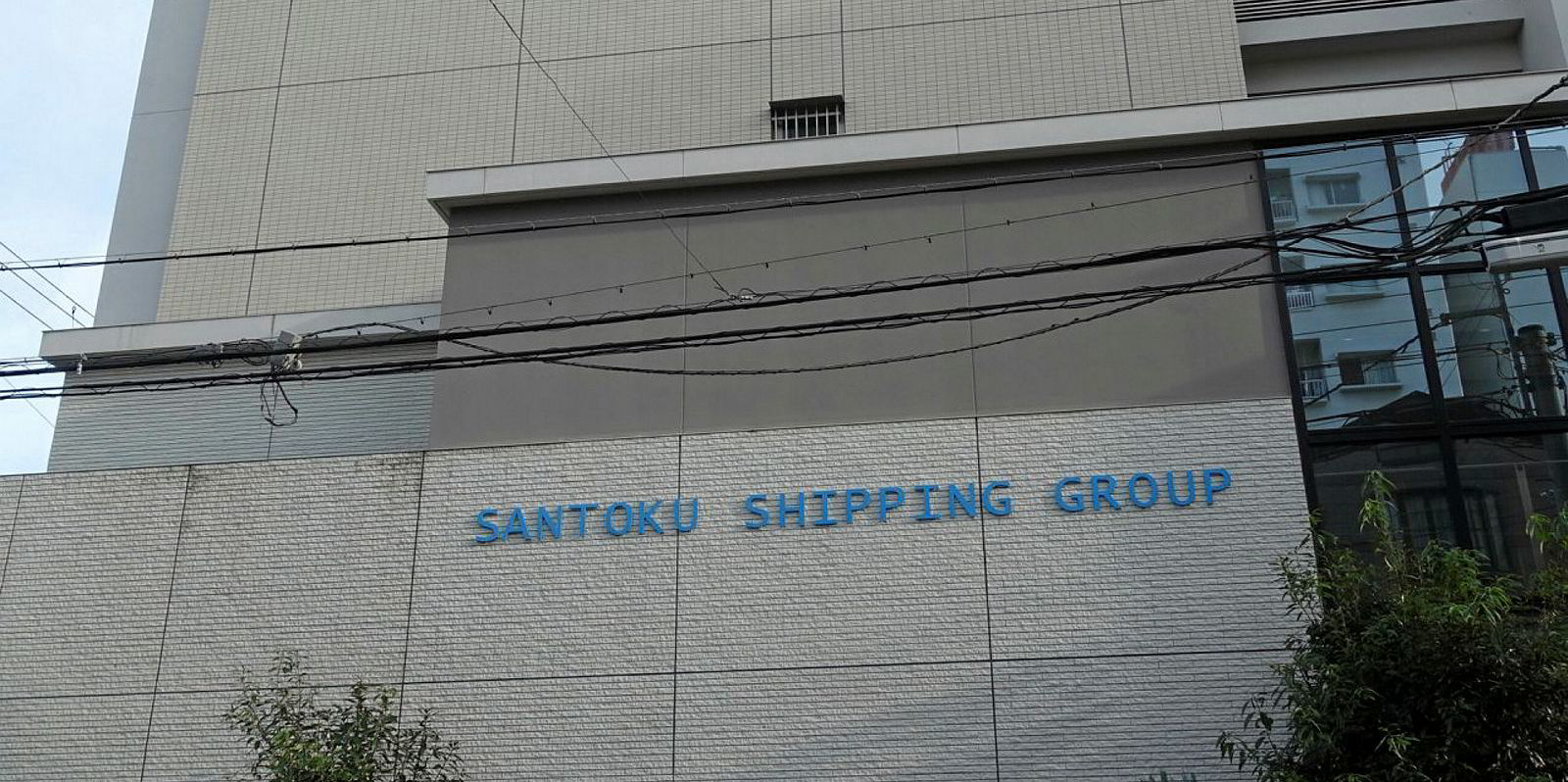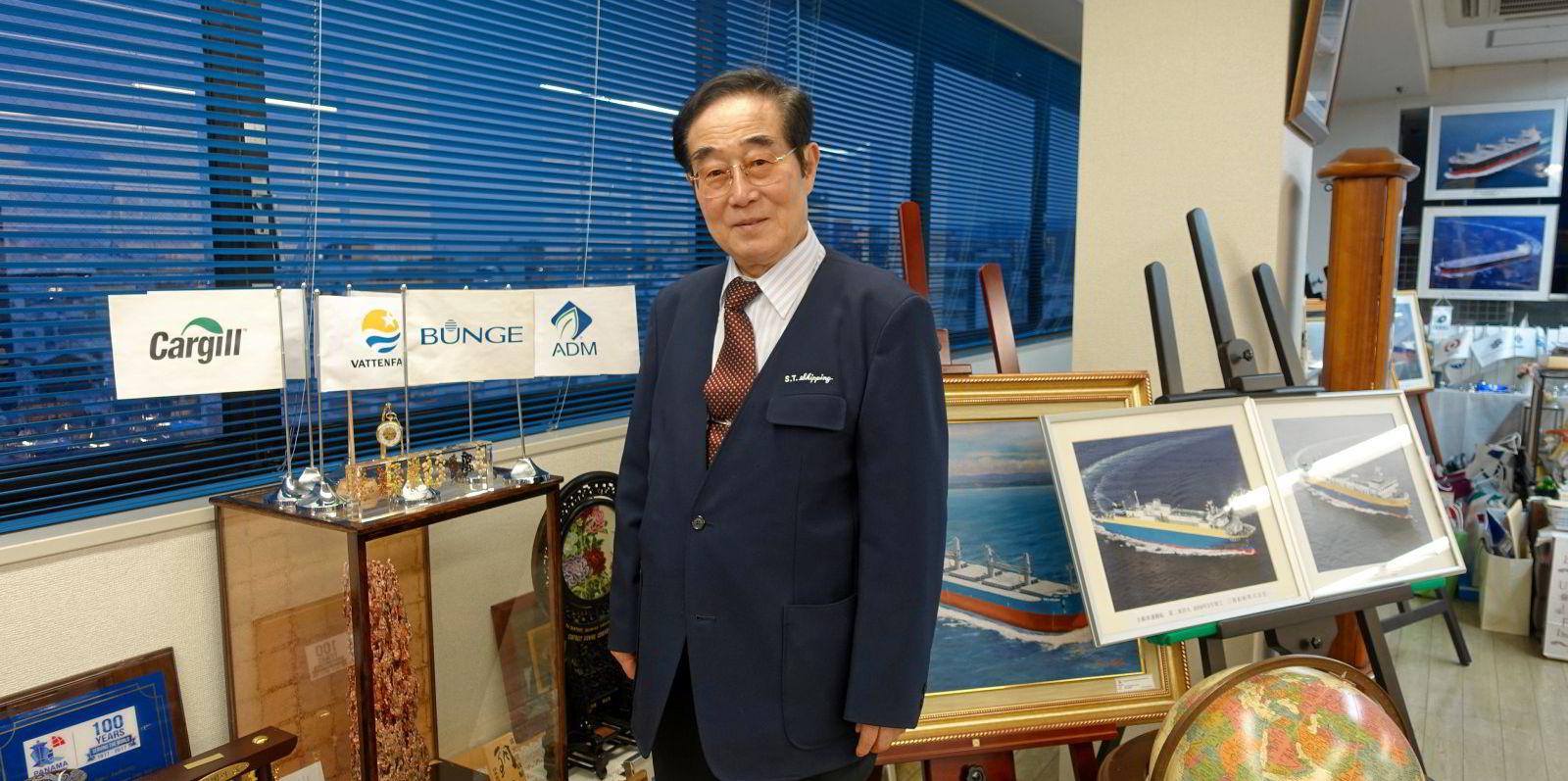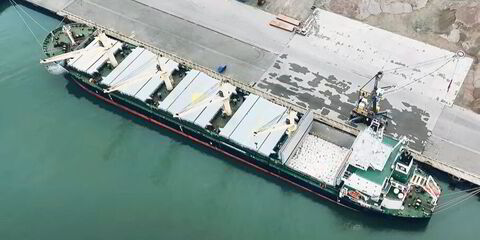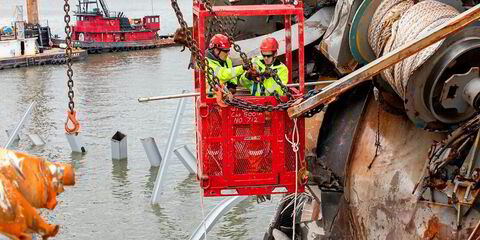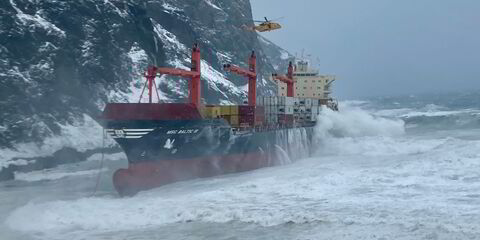Japan’s shipping community is mourning the death of Masashi Taga, the founder of Osaka-based Santoku Senpaku, also known as Santoku Shipping, who has died at the age of 80.
A Santoku official said Taga’s death came unexpectedly. He reportedly died of a stroke on 30 April. Close sources described him as being healthy and still working the day before his death.
A private funeral was held for Taga that was only attended by family members and close relatives. Santoku will be holding a farewell gathering to commemorate the company founder at a later date.
Taga’s son-in-law Junichi Taga is taking over as president of the company.
Shipping sources described Taga as a charming man and “a true entertainer”.
“He was famous for the way he hosted clients at his office, with some spectacular lunches. He created something very special,” said one source.
Born on 23 June 1942, Taga started his shipping career as a “salary man” for a local owning and operating company. He left the job at age 30 because he could not get along with his boss.
Taga set up Santoku Senpaku in 1972, acquiring a secondhand 6,500-dwt general cargo ship to transport spare parts for Japanese carmaker Mazda.
Taga ran his company conservatively, only ordering newbuildings against charter contracts. However, he was one of the few Japanese shipowners that turned to Chinese shipyards in the 2000s for new tonnage, lured by the competitive newbuilding prices.
In an interview with TradeWinds in 2019, Taga said his decision to order some capesize bulk carrier newbuildings at Shanghai Waigaoqiao Shipbuilding SWS in China did not go down well with some of his compatriots.
“Financers, banks and other shipowners were concerned over my decision in having the capesize bulkers built by a Chinese shipyard as they had their doubts on the quality of Chinese-built ships and Chinese technology,” Taga said.
“There are always risks involved when you take on new challenges. But I was not worried ... I have the know-how in shipbuilding and I was confident that SWS was able to deliver good-quality ships and we can overcome any problems.”
Today, privately owned Santoku is one of Japan’s largest shipowning companies, controlling around 110 vessels, of which 80 are directly owned. Newcastlemaxes form the majority of vessels in its fleet.
Included in the tally of owned vessels are 10 that were built by Chinese shipyards, while 12 were constructed by Sino-Japanese shipbuilders.
In another trend-bucking move for a Japanese company, foreign charterers make up the bulk of Santoku’s business. Included in its extensive client list are Mitsui OSK Lines, NYK, K Line, NS United, Cargill, Rio Tinto, Swiss Marine Cosco among others.
Santoku also provides seafarers manning ships for some domestic Japanese owners. Its extensive pool includes seafarers from the Philippines, Japan, China, South Korea, India, Bangladesh and Myanmar. (Copyright)
